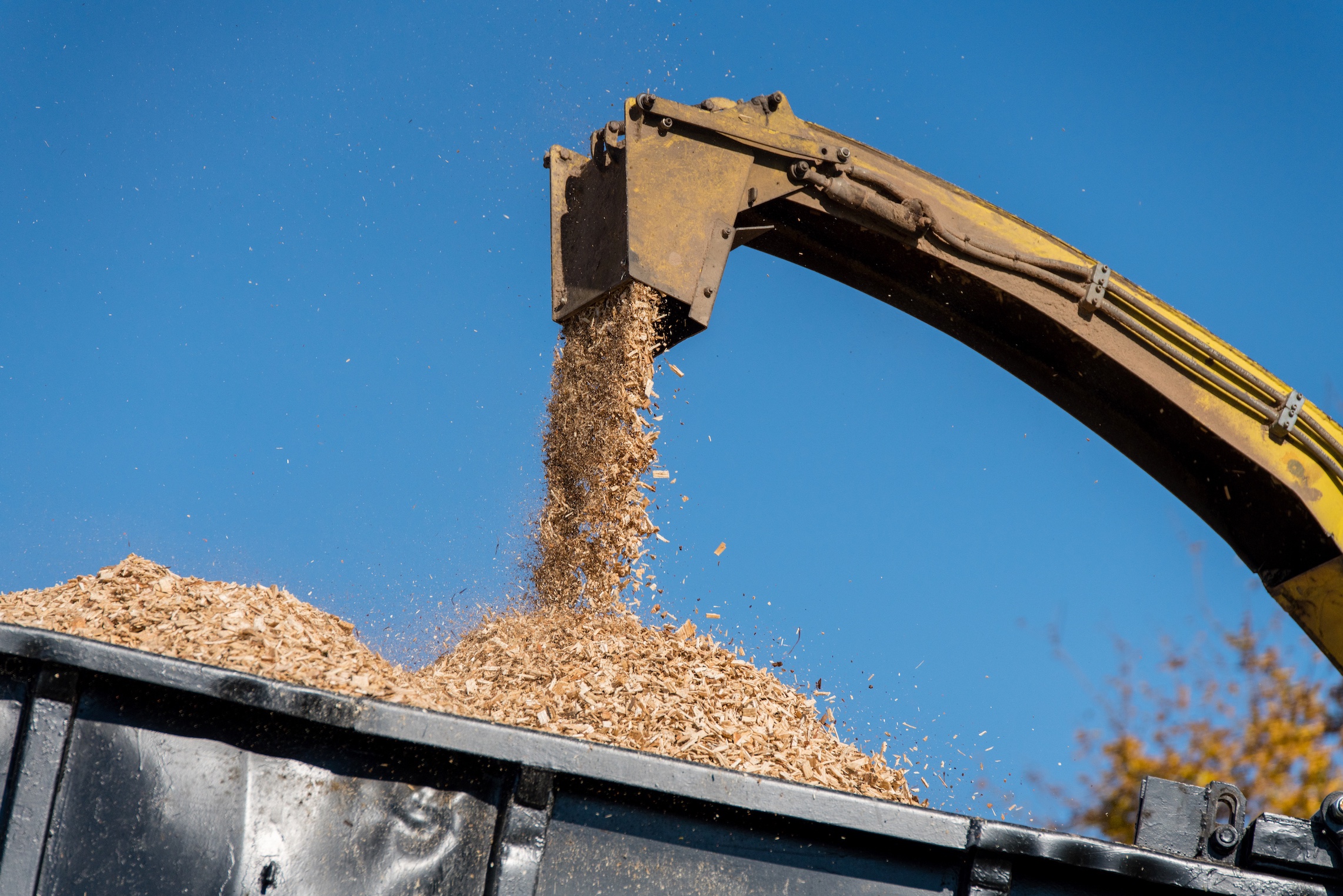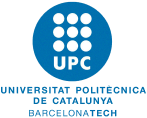News
Local Wood Chip Production
A Key to Energy Sustainability in Catalonia

The 2022 Balance Report on the Biomass Strategy highlights the multiple benefits of this initiative in Catalonia, including energy, forestry, environmental, social, and economic aspects. Among the energy benefits, it emphasizes reducing external dependency and contributing to the use of renewable energies. From a forestry perspective, it helps in fire prevention and improves forest management. Environmentally, it contributes to mitigating climate change, while socially, it boosts rural and industrial development. These benefits are fundamental to achieving the 2027 targets, such as increasing biomass thermal consumption to 730,000 tons annually. Overall, the report underscores the urgent need to boost local and proximity production of wood chips, a key resource to achieve real energy sustainability in Catalonia.
[Wood chips are the biofuel with the most notable increase in consumption for thermal uses; it has multiplied by 12 since 2013]
According to the report, wood chip production in Catalonia has steadily increased, rising from 276,000 tons in 2013 to 386,000 tons in 2022. However, the increased demand has led to a growth in wood chip imports, which have surged from 2,300 tons in 2013 to 26,600 tons in 2022. This data highlights the importance of strengthening local production to minimize external dependence.
The growth in local production is a positive step, but the increase in imports demonstrates that internal demand is exceeding supply capacity. This situation highlights the need for strategic investment in local wood chip production. By increasing domestic production capacity, Catalonia could meet its growing energy needs sustainably, ensuring long-term energy resilience.
[Boosting the Valorization of Pruning and Gardening Residues]
A key component of boosting local wood chip production is the valorization of pruning and gardening residues. These residues, often seen as low-value by-products, have great potential to be converted into useful biomass. By transforming these waste materials into wood chips, CO2 emissions are reduced, and dependence on imports is minimized.
The valorization of these materials closes the loop between the management of urban and rural landscapes and energy production. In addition to reducing the volume of waste that needs to be discarded, this process provides a sustainable energy source, stabilizing energy costs and promoting a circular economy model. Thus, integrating pruning and gardening residues into biomass production becomes a strategic tool for Catalonia, supporting both environmental sustainability and energy efficiency.
Locally produced biomass is not only a cheaper and more stable fuel compared to fossil fuels but also contributes significantly to reducing CO2 emissions. The report estimates that forest biomass consumption avoided the emission of more than 215,000 tons of CO2 in 2022, further reinforcing the importance of opting for local and sustainable energy sources (Strategy to promote the energy use of forest and agricultural biomass. 2022 Balance Report).
Moreover, integrating pruning and gardening residues into this biomass production system can have a positive economic impact on local communities. The creation of jobs in the collection, transformation, and distribution of this biomass, as well as the revitalization of the rural economy, are direct benefits of this approach. It also promotes better management of forests and green spaces, which, in turn, contributes to preserving local ecosystems.
The report concludes that to achieve the goals set for 2027, including increasing biomass thermal consumption to 730,000 tons annually, it will be crucial to incentivize local wood chip production. This will not only improve Catalonia’s energy self-sufficiency but also contribute to forest conservation and the development of rural communities.









